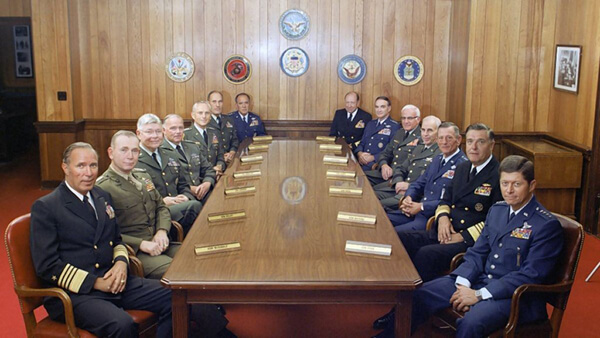“Where to Invade Next”
Very Good (3 stars)
Rated R for profanity, drug use, violent images and brief graphic nudity.
In English, Italian, French, German, Finnish, Norwegian, Portuguese and Arabic with subtitles.
Running time: 110 minutes
Distributor: Dog Eat Dog Films
Oscar-winner Michael Moore (for Bowling for Columbine) has been challenging the power structure ever since releasing Roger & Me way back in 1989. That groundbreaking expose’ indicted General Motors for the outsourcing of jobs which devastated his beloved hometown of Flint, Michigan. Over the intervening years, Moore has exhibited a knack for tackling a variety of hot-button topics from a leftist perspective, including the Iraq War (Fahrenheit 9/11), the healthcare industry (Sicko), and the global financial crisis (Capitalism: A Love Story), to name a few.
With “Where to Invade Next,” the inveterate rabble-rouser sets his sights on the subject of American imperialism. You may remember that the Bush Doctrine, as espoused by President George W. Bush in 2002, asserted the United States’ right to wage preemptive war whenever deemed in the national interest. Well, relying on that dubious notion, Moore proceeds to play agent provocateur as he circumnavigates the globe visiting countries with cultural and social constructs supposedly worth emulating.
So, instead of conquest with intent to plunder, the focus here is merely on borrowing ideas which might improve our quality of life. For instance, in France, he asks public school cafeteria chefs how they manage to serve their students such fine cuisine compared to the slop American kids are forced to settle for. And his mission in Finland is to discern why its educational system is far superior to ours, while in Italy he learns about the generous employment benefits not only for maternity leave but for honeymoons as well.
This faux invasion mockumentary features the affable Moore in virtually every tableau, mugging for the camera in his trademark style. Yes, his tongue-in-cheek brand of humor is frequently sublime, and his earnest arguments are often persuasive, even if the format feels a little stale after a quarter-century of the same sort of shenanigans.
Yet another progressive political primer from a proven master at questioning authority


























